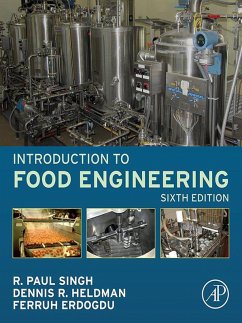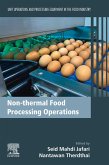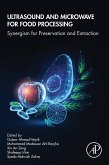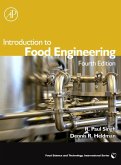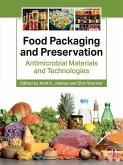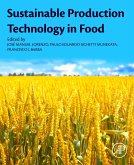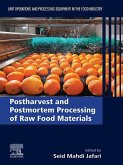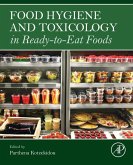Introduction to Food Engineering, Sixth Edition brings a much more in-depth and didactic presentation of classic food engineering topics, such as the relationship of engineering to the chemistry, microbiology, nutrition and processing of foods. The book brings more quantitative analyses and problem-solving content, adding more descriptive topics at the end of each chapter to facilitate teaching and student comprehension. Topics cover engineering fundamentals, principles of food processing and preservation operations, solids handling, microbial bioreactions, inactivation and inhibition of microorganisms, and a brief Introduction to economic considerations and regulations.
This approach facilitates comprehensive learning that has proven valuable beyond the classroom as a lifetime professional reference.
This approach facilitates comprehensive learning that has proven valuable beyond the classroom as a lifetime professional reference.
- Numerical examples are reworked using the latest data on fluid properties obtained from the National Institute of Standards and Technology
- Quantitative examples describe the use of earth-friendly refrigerants in the cold chain
- Design procedures relevant to emerging electrotechnologies in food processing
- New content on resource sustainability for designing future food processing systems that support circular bioeconomy
- Description of quantitative approaches to food processing to assist practicing professionals in the food industry
Dieser Download kann aus rechtlichen Gründen nur mit Rechnungsadresse in A, B, BG, CY, CZ, D, DK, EW, E, FIN, F, GR, HR, H, IRL, I, LT, L, LR, M, NL, PL, P, R, S, SLO, SK ausgeliefert werden.

